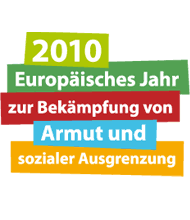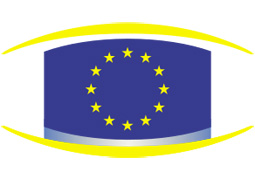The next European Council, chaired by its president Herman Van Rompuy, will take place on 17 June in Brussels. Against the background of the 2010 European Year for Combating Poverty and Social Exclusion, the June Council will decide on appropriate indicators for the promotion of social inclusion and the reduction of poverty. It will also formally adopt Europe 2020, the new European strategy for jobs and growth.
“This is Europe’s moment of truth,” said José Manuel Barroso, the President of the European Commission, when presenting the Europe 2020 strategy back in March 2010. Europe 2020 is “about more jobs and better lives”, it is “a strategy for smart, sustainable and inclusive growth,” he continued.
On 7 June the Council of Ministers for employment and social affairs (EPSCO) was to prepare the contribution to the European Council of 17 June on the Europe 2020 strategy and ensure the follow up on the Spring European Council which called for further work on appropriate indicators for the social inclusion and the poverty reduction target. The Council agreed with one of the Social Protection Committee’s suggestions, on a combination of three indicators (at-risk-poverty, material deprivation, people living in a jobless household). The Ministers had an exchange of views on the numerical rate of the EU target on social inclusion and agreed that at least 20 million people should be lifted from the risk of poverty and exclusion by 2020; they also agreed that the Council will proceed to a mid-term review of this EU headline target in 2015. On this basis, the Council adopted, by unanimity, its Conclusions which will be forwarded to the June European Council.
Promoting social inclusion, in particular through the reduction of poverty, is one of five key areas of the Europe 2020 strategy as agreed upon during the March European Council. The other areas focus on research and innovation, high employment, education and a more sustainable economy.
In the light of these five key areas, also called headline targets, Member States will set their national targets and draw up reform programmes setting out in detail what actions will be undertaken to implement the Europe 2020 strategy. On the European level, there will be seven flagship initiatives to catalyse progress on Europe 2020. One of these initiatives – the European Platform Against Poverty – will be dedicated to the fight against poverty and social exclusion.
As an important element of the Europe 2020 strategy, the fight against poverty and social exclusion will remain a top priority throughout the European Union well beyond the June Council and the 2010 European Year.










